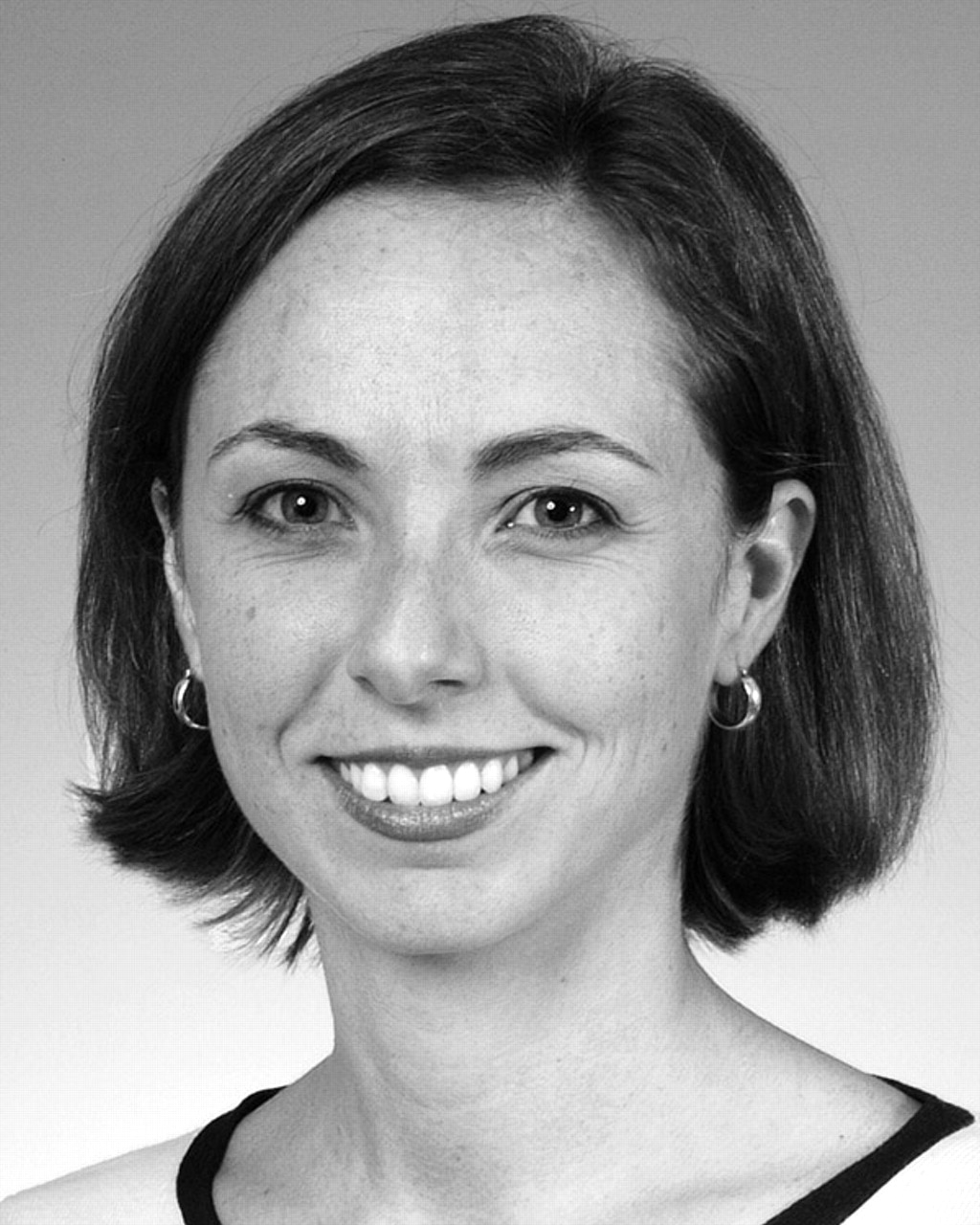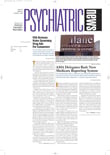University of North Carolina, Chapel Hill: Assistant Professor, Department of Psychiatry; Medical Director, Child Psychiatry Unit, 2002-
General Member (Member Since 1998)
Associate Editor, American Psychiatric Publishing Inc. Editorial Board, 2001-
Jerry Wiener Resident Representative to Council, American Academy of Child and Adolescent Psychiatry, 2001-03
APA/GlaxoSmithKline Fellow, 1999-2001
Laughlin Fellow, American College of Psychiatry, 2002
Treasurer, Political Action Committee, North Carolina Psychiatric Association, 2003- During times of stress we are reminded of the importance of community. Psychiatrists are well versed in assessing the benefits of communities. A unified vision and collective voice contribute to the prognosis we can expect for our patients. However, when it comes to our own prognosis for success, and despite elevated concerns about the future for psychiatrists in a rapidly changing world, we have limited opportunities to contribute to our own community. An especially vulnerable and unfortunately underrepresented part of our community are early career psychiatrists (ECPs). While establishing ourselves in new and demanding positions, there is often little time and energy remaining for self-advocacy. This underscores the importance of membership, activity, and a clear representative voice in APA.
I am a child and adolescent psychiatrist, the medical director of the inpatient child unit at the University of North Carolina, and a teacher and supervisor in the UNC School of Medicine, its residency program, and within the North Carolina state hospital system. I understand the importance of careful communication between academic/research centers, public mental health, and private practice. In my current role and as a consulting psychiatrist within the local mental health system, I have gauged medical and allied fields' perspectives of the role of the psychiatrist in our health care delivery systems, and been forced to rectify these expectations with real-world limitations.
I know what it means to represent the ECPs to a board, a national component, and a local committee. I know the importance of closing the gap between grass-roots efforts and national policy. As an APA/GlaxoSmithKline fellow, I was a representative to the APA Joint Reference Committee and a member of the Committee on Mental Health in the Schools. For the last four years, I have been an associate editor of the American Psychiatric Publishing Inc., and in the North Carolina district branch, I am treasurer for the political action committee. I understand the need for strong communities and close working relationships with allied organizations. With the American Academy of Child and Adolescent Psychiatry, I was the Jerry Wiener Resident Representative to Council and served as co-chair of the Committee on Medical Students, Residents, and ECPs. As the ECP trustee-at-large, I would pursue the following agenda items:
Increase member recruitment and retention with focus on groups at risk such as trainees, ECPs, women, and minorities.
Increase the involvement of members in the community of APA at the district and national levels.
Improve the quality of communication and useful flow of information between APA members and elected leaders.
Improve our advocacy efforts by strengthening our ties to allied organizations and consumer groups.
Work at the local and national levels to ensure access to the full range of necessary and appropriate treatment interventions.
Clarify the role of APA for psychiatrists whose futures are filled with increasing demands within a changing world.
I understand the struggle of transforming ideas and vision into policy and action. I can provide effective communication within the APA Board, from the Board to all levels of the organization, and to other representative bodies. I would consider it an honor to serve as your early career psychiatrist trustee-at-large.
Primary Professional Activities and Sources of Income
Professional Activities
90%—University of North Carolina Department of Psychiatry
50%—Inpatient and outpatient clinical care
20%—Teaching and supervision
10%—Administration
10%—Medical school admissions committee 10%—Dorothea Dix Hospital, outpatient clinical care and supervision
Income
100%—University of North Carolina Department of Psychiatry

